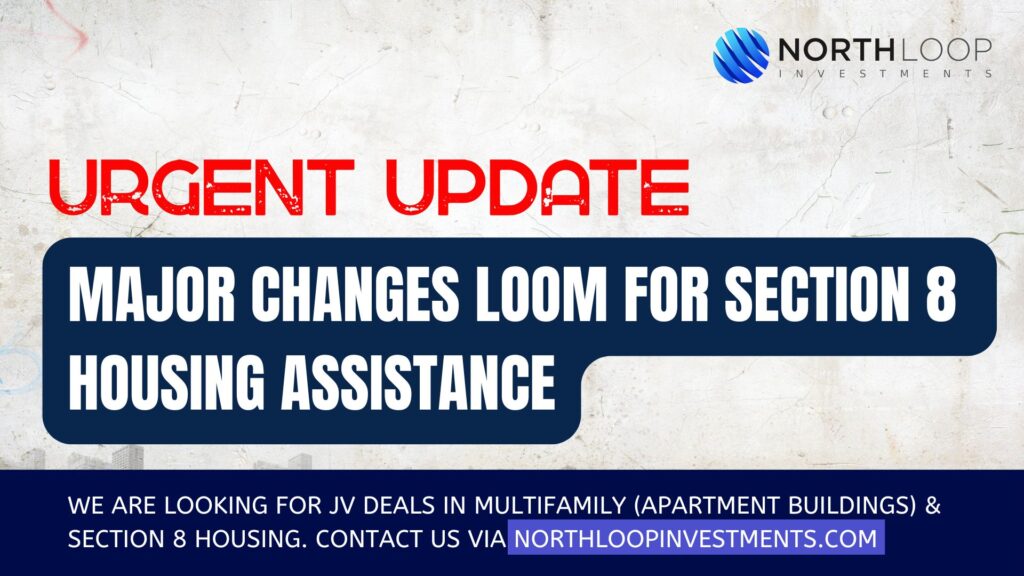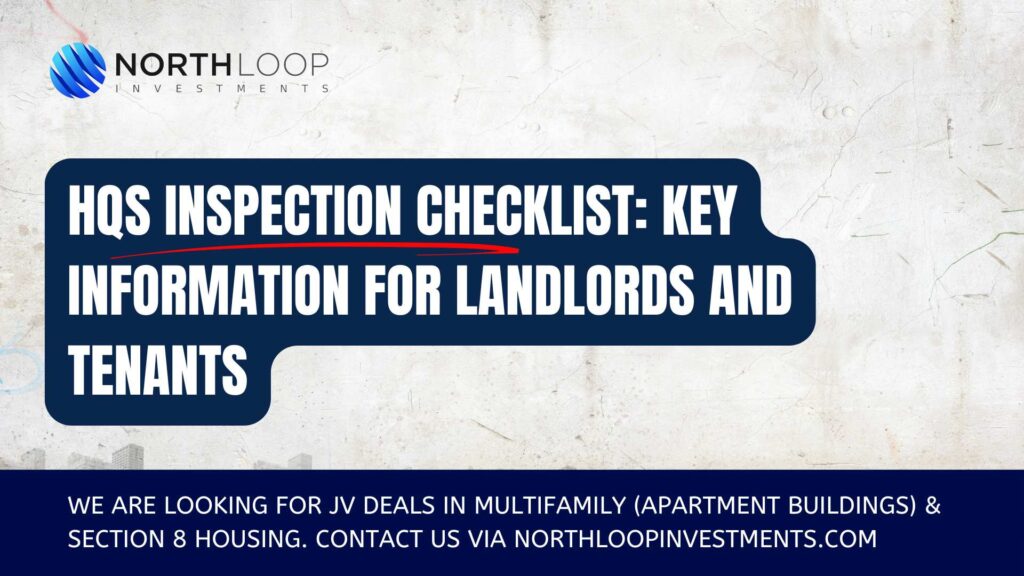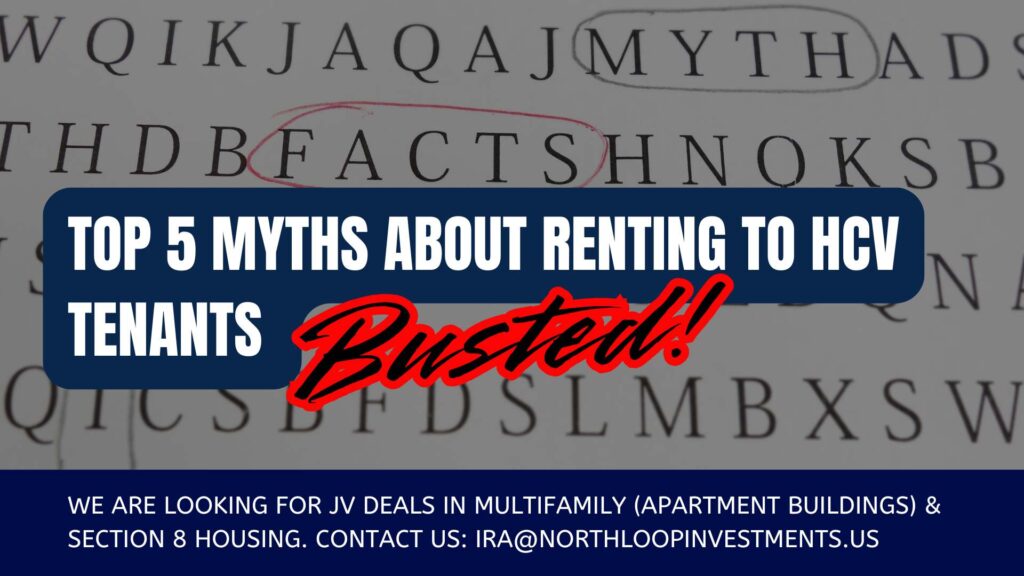As a landlord participating in the Housing Choice Voucher (HCV) Program, understanding your responsibilities during the lease-up process is crucial for a smooth and successful tenancy. You are responsible for managing your property and enforcing the lease with the tenant. Initially, you market your unit to attract potential tenants, including those with HCV vouchers. You also screen tenants for suitability and select tenants for your property. Simultaneously, the PHA screens applicants for HCV eligibility.
The process begins formally when the tenant and landlord complete the Request for Tenancy Approval (RFTA). The PHA then reviews the RFTA.
A significant landlord responsibility is to ensure that your unit complies with PHA inspection rules and meets Housing Quality Standards (HQS). You will need to schedule and complete the initial inspection. The PHA must inspect the unit before the start of the lease to ensure it meets HQS. It’s important to note that some PHAs have additional flexibility to approve tenancy and begin paying Housing Assistance Payments (HAP) even if the unit initially fails to meet HQS, provided the deficiencies are not life-threatening, or to approve assisted tenancy before the initial HQS inspection if the property has passed a qualifying alternative inspection within the previous 24 months.
Regarding rent, you will accept the rent offer from the tenant. The PHA then plays a crucial role in determining rent reasonableness. HUD regulation requires that PHAs perform a rent reasonableness determination before executing a HAP contract and before any increase in rent. The PHA must determine that the proposed rent is reasonable compared to similar units in the marketplace and not higher than those paid by unassisted tenants on the premises.
Once the PHA approves the tenancy and rent, several agreements are executed. The tenant and landlord execute the lease. Following this, the landlord and PHA execute the Housing Assistance Payment (HAP) contract. The HAP contract is the housing assistance payments contract between the owner and the PHA. The monthly HAP is the assistance payment by the PHA for rent under the family’s lease, and may include an additional payment to the family if the total assistance exceeds the rent owed to the owner. You will then receive executed agreements. After the tenant moves in and pays their security deposit, you will receive monthly HAP from the PHA and the remaining rent from the tenant.
Throughout the tenancy, the PHA will conduct re-inspections at least biennially (or triennially for rural PHAs). You will need to ensure your unit complies with re-inspection requirements.
When the lease term ends, renewal can be automatic, or you may send a rent increase notice 60 days prior to the renewal. If you propose a rent increase, the PHA will again determine rent reasonableness.
It’s important to be aware that before approving the assisted tenancy and executing the HAP contract, the PHA must ensure several program requirements are met:
- The unit is eligible.
- The unit has been inspected by the PHA and meets Housing Quality Standards (HQS).
- The lease includes the tenancy addendum.
- The rent charged by the owner is reasonable.
- For families receiving HCV assistance for the first time in units where the gross rent exceeds the payment standard, the PHA must ensure that the family share does not exceed 40 percent of adjusted monthly income.
Furthermore, the PHA must not approve a tenancy in certain situations:
- If the PHA has been informed that the owner is debarred, suspended, or subject to a limited denial of participation.
- If the owner is the parent, child, grandparent, grandchild, sister, or brother of any member of the family, unless the PHA determines that approving the unit would provide reasonable accommodation for a family member who is a person with disabilities. This restriction generally applies only when a family initially receives assistance for a particular unit.
- For other reasons as defined in federal regulations.
By understanding and fulfilling these responsibilities, landlords can effectively participate in the Housing Choice Voucher Program.
Disclaimer: This article provides general information and should not be considered legal or professional advice. Please refer to the official HCV Program Guidebook and relevant regulations for the most up-to-date and accurate information.
If you are a Section-8 property owner with HAP contract and looking to sell, we are always interested in exploring how we can work together for a seamless disposition/exit of your properties. Please contact us via below link:
About NorthLoop Investments: Our Principals at North Loop Investments have owned and operated HAP properties in Midwest and Southeast. Our properties include disability and family projects. We are approved to own and operate HUD housing with prior 2530 clearance. Upon your request, we would be happy to provide any additional information about our company or go to our website at: https://northloopinvestments.com/








